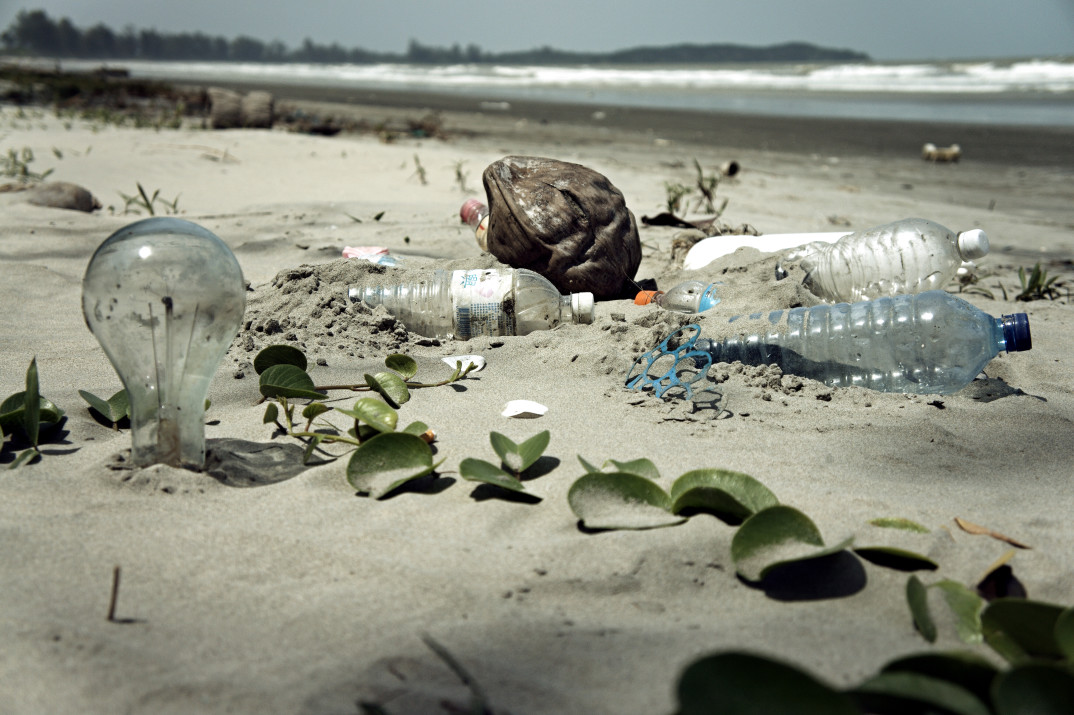Does anyone remember Occupy Wall Street? Hello? Anyone?
Well just when you thought they had packed up and gone home, the movement is back and is taking on America’s embedded institutions in a totally different way.
The Washington Post recently reported on a story regarding one of the most widely discussed problems in American economics today: the exponential increase in student loan debt.
Collective student loan debts in the United States have now topped $1.2 trillion. Yes, you read that right, that’s trillion – with a t. This number seems astounding, unbelievable really, but the reality is that everyday the number of students taking out loans in order to pursue some sort of higher education is growing exponentially.
So what’s the problem with ambitious students looking to borrow a little cash in order to pursue a better life? In an ideal world there’s nothing wrong with this model; students take out a loan, receive a quality education, find a position of high employment, earn the money to pay back their loans and proceed to live happily ever after.
Sadly, this fairy tale cycle of higher education is far from the truth. Reckless lending practices, predatory interest rates, and a repressed job market are making eager-to-learn students victims of the big-money business of higher education. And there are no greater predators in the wilds of the educational jungle than for-profit universities.
For-profit universities are institutions that are grounded in making a profit from the deluge of students rushing to acquire a college degree in a world where a high school diploma can only take you so far. These organizations treat the college degree as a commodity, selling it to people that have limited educational opportunities or are not in a position to attend a conventional college.
So what is exactly wrong with these sorts of institutions?
For-profit colleges are extremely expensive and thus require students to take out huge amounts of both federal and private students loans. What’s worse is that many for-profit graduates are absolutely struggling to find employment in a competitive job market. This leads to a default rate that is nearly four times higher than the national average for conventional college grads.
The stagnation of the job market coupled with a lack of interest in many educational institutions to find graduates productive employment opportunities are churning out more and more students who are deeply indebted and have little to no employment opportunities.
Hold on, how does the Occupy Wall Street movement have anything to do with the questionable track record of for-profit educational institutions? Well, here comes an unlikely hero in this story of financial woes.
Rolling Jubilee is a project of the Strike Debt group, which arrived on the scene in the wake of the Occupy Wall Street protests. The project is designed to buy up the loans of highly indebted students at a bargain price, and then simply forgive these debts. It’s that simple, and so far the program has acquired and abolished $3,856,866 in debt, from 2,761 borrowers. These are real people, each with their own story, who have been relieved of an immense amount of personal debt.
Sound like a meaningful impact and a worthwhile cause? Well, to put it in perspective, this is only 0.00000321405% of the total amount of student loan debt owed by American college graduates. So, although this may be a noble endeavor, it is just the tip of the iceberg in tackling the problems associated with the modern education system. Rolling Jubilee has actually canceled the influx of donations to the funds stating that, “We want to roll into larger, more aggressive tactics…We want to make all public higher education completely free – that’s a practical, achievable goal.” However, this causes us to question even the motives of Rolling Jubilee. Is it a moral imperative to provide everyone with access to free higher education?
For many, college is a pathway to success and often university study paves the way for opportunities that would have been impossible without it. However, it is clear that there are flaws in higher education, imperfections that are scarring the face of a system that should be focused on the beauty of self-development and academic exploration.
What obligation do educational institutions have to ensure that their students will be able to pay off their debts? Has the moral high ground of education been eroded away by the nature of big-business universities?
Recognizing the magnitude of these problems, we are now forced to grapple with a variety of ethical dilemmas. Those of us lucky enough to have received a worthwhile education can begin putting this investment to use, finding solutions to these problems and making progress towards answering the moral conundrums that permeate our world.















